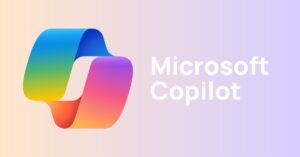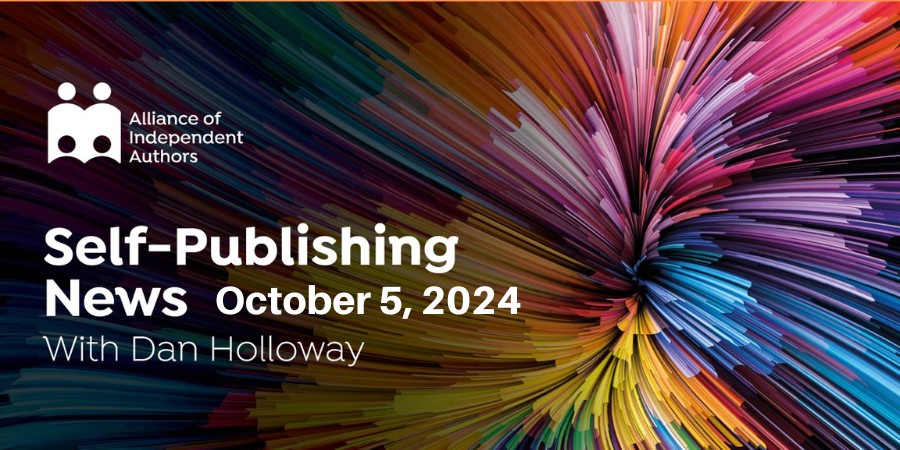Microsoft’s Copilot AI has been all over the news this week, most notably for authors because they have started paying for the content their everything-assistant shares with users.

ALLi News Editor, Dan Holloway
If you’re like me, your Facebook feed this week has been filled with writer friends sharing a long post allegedly by a student claiming they don’t need Copilot because they’re human and a better writer than the AI that many Microsoft-using institutions have now signed everyone up to. (As a side note, I think it was at this point I realized I no longer even know if Snopes exists anymore, because I just assume all these posts are made up.)
The sharing of such anti-Copilot statements has been prompted by several new developments this week. On the tech side comes the announcement that the AI assistant can now “read your screen” and offer you suggestions based on everything you are doing and have been doing. And it can do so by having a spoken word with you.
What They're Paying For
But of more interest to us is the announcement that it has joined the list of AI platforms paying for content. What they are paying for specifically is the content that Copilot brings to the attention of users in response to queries.
 It is part of what might seem to be an anti-hallucination effort. They will only provide answers drawn from reputable or legitimate sources. Great. And they will then pay the providers of that content. Fabulous. Indeed, this is something their news site already does. And it is in the fundamental spirit of what people had called the European Union’s “link tax,” which required platforms to pay for displaying content published elsewhere instead of sending people to the site.
It is part of what might seem to be an anti-hallucination effort. They will only provide answers drawn from reputable or legitimate sources. Great. And they will then pay the providers of that content. Fabulous. Indeed, this is something their news site already does. And it is in the fundamental spirit of what people had called the European Union’s “link tax,” which required platforms to pay for displaying content published elsewhere instead of sending people to the site.
Who Gets the Money?
But who will be paid? Well, publishing companies that have signed an AI-licensing deal with Microsoft. For a news website, I see the benefit of this, and it provides compensation for the loss of ad revenue causing such trouble in the industry. But not every legitimate and expert source comes from a publishing company, let alone one that’s signed a deal with Microsoft. This raises questions about the platform’s value to users—not to mention the impact of such gatekeeping on those who aren’t published in this way.




